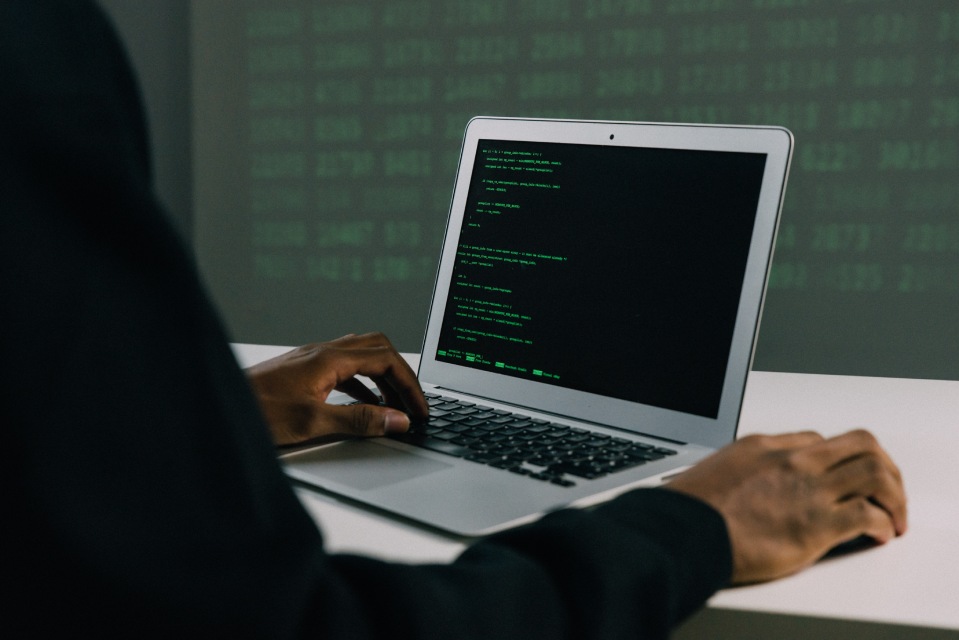As artificial intelligence (AI) rapidly becomes more widely used, people are questioning its benefits and dangers. One area where AI is having a huge impact is cybersecurity. So how can we prepare for AI cyberthreats.
Criminals are able to use AI technology to create new cyberattack methods which are harder to defend against. At the same time, big businesses such as Google, Tesla and PayPal are using AI systems to improve their cybersecurity solutions.
With this in mind, businesses must educate themselves on the new kinds of cyber threats they may face, as well as whether they should invest in AI cybersecurity systems.
Cybersecurity skills gap
Currently, there’s a skills gap within the cybersecurity industry. It’s argued that not enough people have the skill level and knowledge required to develop and implement cybersecurity AI systems. This is because AI is developing at such a rapid pace that it’s hard for professionals to keep up.
Hiring people with the specialised skills needed, as well as procuring the software and hardware required for AI security systems, can also be costly – especially for smaller businesses. This means that some businesses are playing catch-up with hackers.
Hackers using AI
It’s been found that AI is making cybercrime more accessible, with less skilled hackers using it to write scripts – enabling them to steal files. It’s easy to see how AI can increase the number of hackers by eliminating the need for sophisticated cyber skills.
Hackers can also use machine learning to test the success of the malware they develop. Once a hacker has developed malware, they can model their attack methods to see what is detected by defences. Malware is then adapted to make it more effective, making it much harder for companies to catch and respond to threats.
False data can also be used to confuse AI systems. When companies use AI systems for cybersecurity, they learn from historical data to stop attacks. Cybercriminals create false positives, teaching cybersecurity AI models that these patterns and files are ‘safe’. Hackers can then exploit this to infiltrate systems.
How can AI help improve cybersecurity?
Although AI can be used for ever-more sophisticated attacks, it can also be a powerful tool for improving cybersecurity.
Analysis
AI offers an improved level of cybersecurity, which can help reduce the likelihood of an attack on a company. By analysing existing security systems and identifying weak points, AI allows businesses to make necessary changes.
Artificial intelligence systems learn to identify which patterns are normal for a network by using algorithms to assess network traffic. These systems can quickly spot when traffic is unusual and immediately alert security teams to any threats, allowing for rapid action.
In addition to preventing network attacks, AI can also be used to improve endpoint security. Devices such as laptops and smartphones are commonly targeted by hackers. To combat this threat, AI security solutions scan for malware within files – quarantining anything suspicious.
Advanced data processing
AI-based security solutions are continuously learning and can process huge volumes of data. This means that they can detect new threats and defend against them in real-time. By picking up on subtle patterns, these systems are able to detect threats that humans would likely miss. It also enables AI to keep up with ever-changing attacks better than traditional antivirus software, which relies on a database of known malware behaviours and cannot identify threats outside of that database.
The ability of AI systems to handle so much data also makes their implementation incredibly scalable. These systems can handle increasing volumes of data in cloud environments and Internet of Things devices and networks.
Working with humans
Since AI systems can automatically identify threats and communicate the severity and impact of an attack, they help cybersecurity teams to prioritise their work. This saves workers time and energy, allowing them to respond to more urgent security threats.
Task automation is another key benefit of AI for businesses. AI systems can automate tasks such as routine assessments of system vulnerabilities and patch management. This reduces the workload of cybersecurity teams and allows for more efficient working, reducing cost for businesses. By automating these tasks, AI can alleviate the shortage of skilled workers, addressing the cyber skills gap.
The rise of AI is understandably a cause of concern for business owners and employees alike. Improved cyber threat capabilities mean that businesses need to be prepared for changing attacks. However, it’s clear that adapting AI systems is the best way for businesses to improve their own cybersecurity. By combining adept cybersecurity teams with artificial intelligence cybersecurity systems, businesses can stay ahead of new threats and improve the efficiency of their operations.
You might also enjoy reading about the pros and cons of AI and how we must stay human















